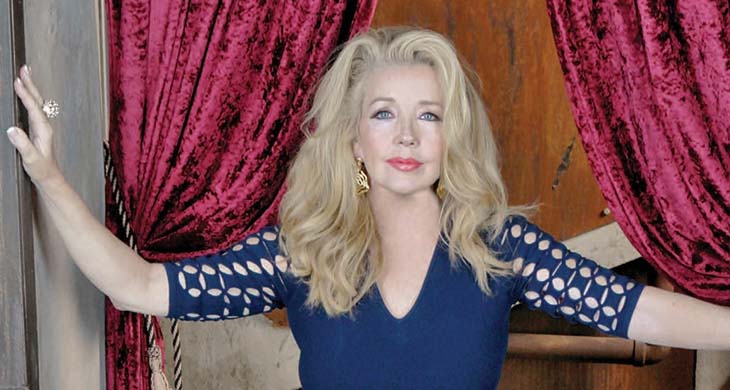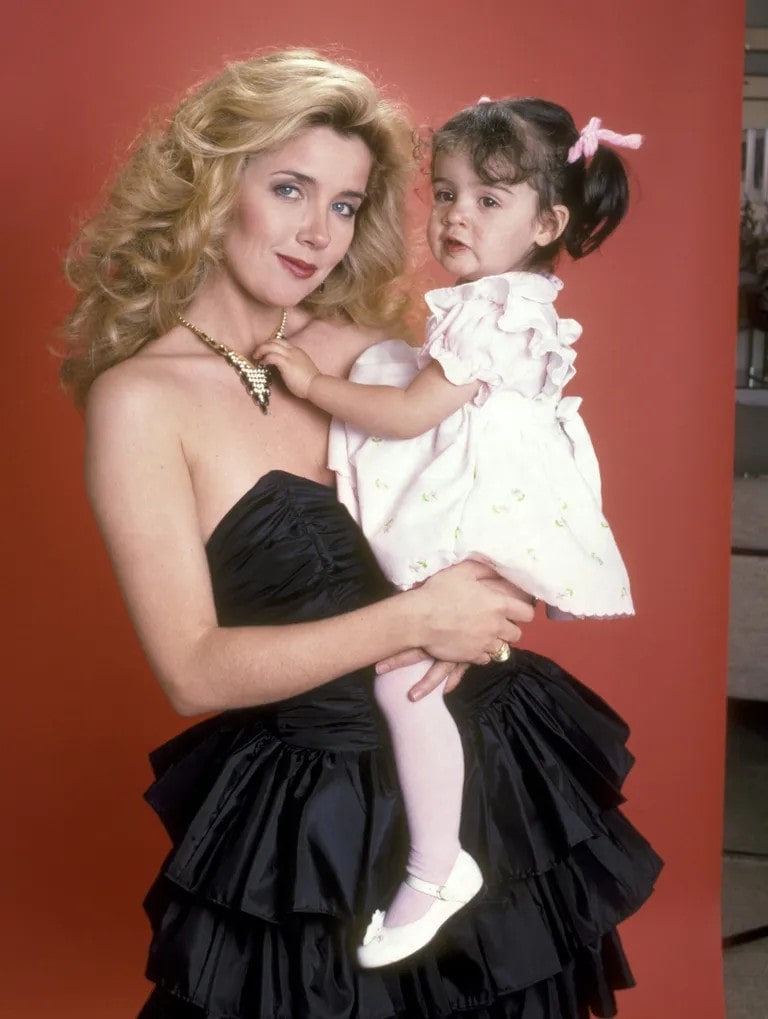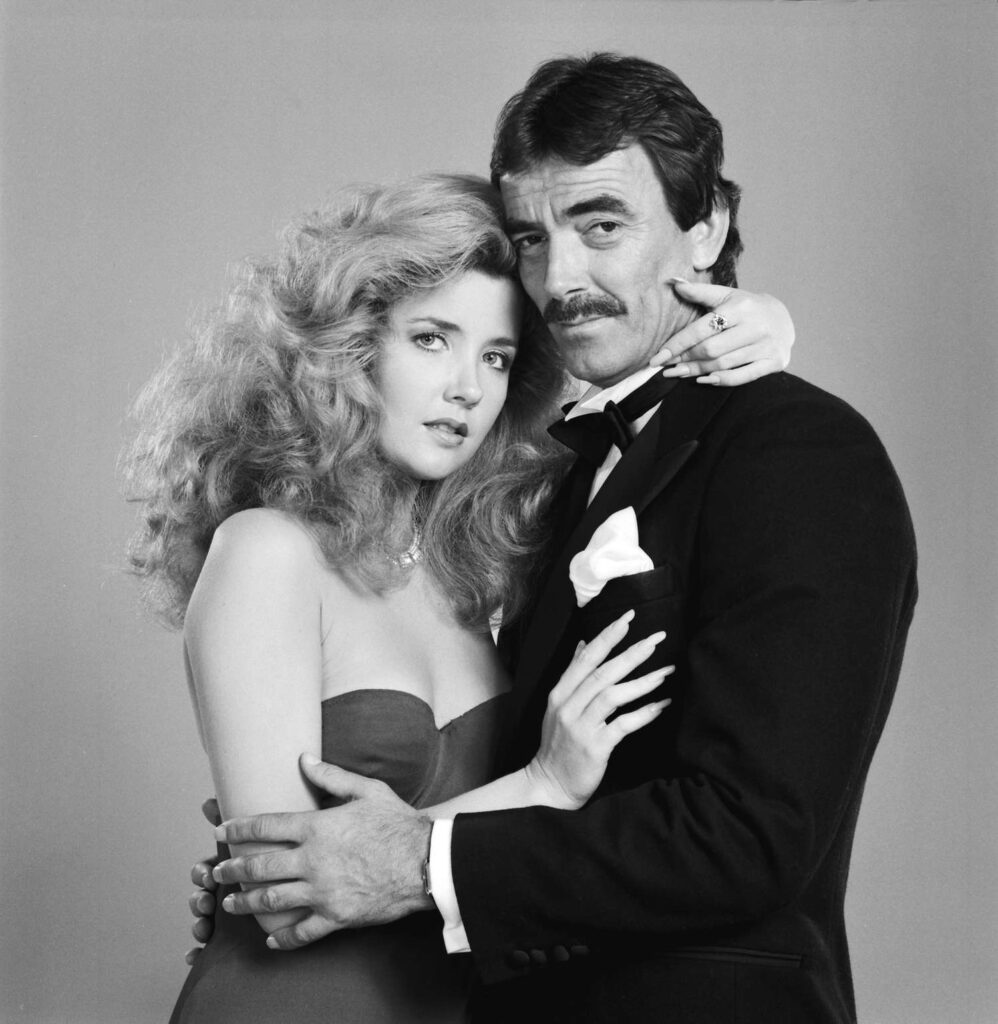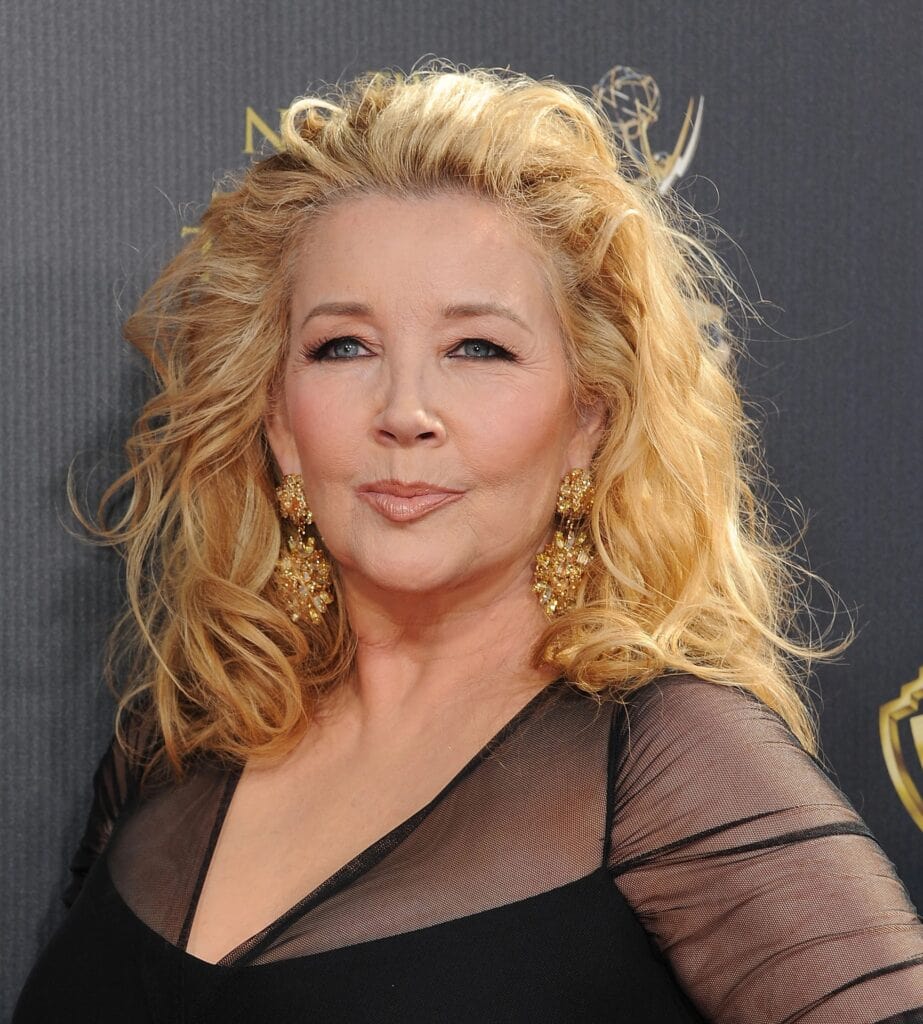Melody Thomas Scott, the beloved actress, has received bad news.

Melody Thomas Scott is well-known for playing Nikki Newman on the long-running serial “The Young and the Restless” in 1979.
While her beautiful Hollywood life attracted fans, they had no idea what was going on behind the scenes. When her autobiography came out, she finally told everyone everything she had been hiding for so long.
Born in Los Angeles, California, on April 18, 1956, Melody’s acting career began at hardly eight years old with an appearance on “Marnie.”
She featured in other films and television shows during the rest of the decade, including 1974’s “The Shootist,” in which she co-starred with John Wayne, and “The Waltons,” in which she played a mother.

Her big break came when she was 13 and co-starred in Clint Eastwood and Geraldine Page’s film “The Beguiled,” She later worked with Kirk Douglas in his directed film “Posse.”
Melody has appeared in productions of “The Vagina Monologues,” Jane Martin’s play “Talking With,” and A.R Gurney’s Pulitzer Prize finalist play “Love Letters” over her extensive stage career.
Melody went to the University of Southern California to study piano performance because she wanted to learn more about the performing arts.
Scott had already begun to display her talent for singing at a young age. However, a far less pleasant truth stalked under her life’s bright and glittering exterior.
After many years of success on daytime television, Scott wrote an honest autobiography called “Always Young and Restless: My Life On and Off America’s #1 Daytime Drama.” It came out in 2020.
The novel begins with her early struggles, including awkward interactions with abusive guardians and a lack of support from individuals she thought she could depend on.
Scott has been on daytime television for a long time and has won many awards for her unique skills.
She received an Emmy nomination for Outstanding Lead Actress in 1999 and a Soap Opera Digest Award for the same honor two years later. She also won four Soap Opera Update Awards for Outstanding Lead Actress from 1992 to 1996.
Scott has become known as one of the most influential people on daytime television because of these awards.

Scott’s childhood was far from perfect. Her mother left her and put her in the care of her grandmother, where she was severely abused sexually, and her caretaker did nothing to stop it. Her home life was incredibly challenging because it was dirty and infested with pests.
Scott took up acting at an early age to find comfort from what she had gone through, and she found herself surrounded by friendly people who gave her the sympathy and love that had been so lacking in her life up until that point.
Scott’s revitalized enthusiasm for acting derived from her newfound admiration for the arts.
Scott felt a sense of normalcy for the first time thanks to the cast and crew she worked with on set, who gave her hope and helped to heal some of the scars left by her past.
With the help of these good people, she became even more passionate about acting, which helped her try to get better despite all the problems she had faced so far.
Scott ultimately found the strength to leave her grandmother’s house when she was twenty.
Despite knowing her grandma was in severe condition and needed help, she couldn’t bring herself to stay with her because of what had happened when she was only four years old.
Although Scott had suspicions that something wasn’t right, she was afraid of confronting her grandma since it would bring up horrible memories of maltreatment.
Scott is convinced that their living situation would have been considerably better if her grandmother had not been so afraid of going to the doctor for a diagnosis.
Because of this fear, no medical help could be given, which made things uncomfortable in the house. She realized that something may have turned out differently if someone had been there to assist them, but she was forced to leave and start over on her own.

Scott talked about how she felt about her grandma and how angry she was at her for how she treated her while in her care. Although Scott’s grandmother begged for forgiveness before she died, Scott struggled to let go of the deep suffering and anger she felt.
Two notable authors, John Edwards, and George Anderson, expressed this similar sentiment: even though Scott’s grandmother was aware of the suffering she had caused, she was ultimately incapable of forgiving herself.
Forgiving the misbehavior committed against her may have been too challenging for Scott to accept. She said, “I doubt I’ll ever be able to forgive wrongdoing,” which showed that she knew it was hard for her to forgive.
This attitude accentuates Scott’s pain, given her grandmother’s severity. It serves as a reminder of how damaging unforgiving behavior can be on a person’s mind, even if they are no longer alive.
Scott’s life was defined not just by the violence she endured as a child but also by her extraordinary tenacity and desire to live through the horrible memories she had.
It took her ten years to finish her book on the incident, which proved incredibly exhausting. Scott dared to keep going and finish her book despite the horrible things that happened to her while she was on her writing trip.
In 1985, Scott began a new chapter in her life when she married Edward James Scott in a magnificent ceremony. Many years later, on their 20th wedding anniversary, they made new commitments to each other, which were revealed on a special episode of “Entertainment Tonight.”
Jennifer Scott, Elizabeth Scott, and Alexandra Scott, are the couple’s children.
Aside from this delightful blessing in their lives, they found comfort in knowing that their union was strong enough to resist any storm that came their way.
Scott talked about how becoming a mother helped her heal and become the most committed and loving parent she could be for her children.
When she thought back on that time, she said that it gave her the power to make up for any wrongs that happened to her as a child.
With this in mind, Scott made a conscious choice to plan activities for her daughters that were different from those her grandmother had set up for her.
Scott was fortunate enough to see the outcomes of these improvements as her kids grew into delightful, joyful people who had since started their own families.
She wrote her biographies so that people could learn more about the actor behind “Nikki Newman” and show that abuse can happen to anyone, no matter how good their life seems.




